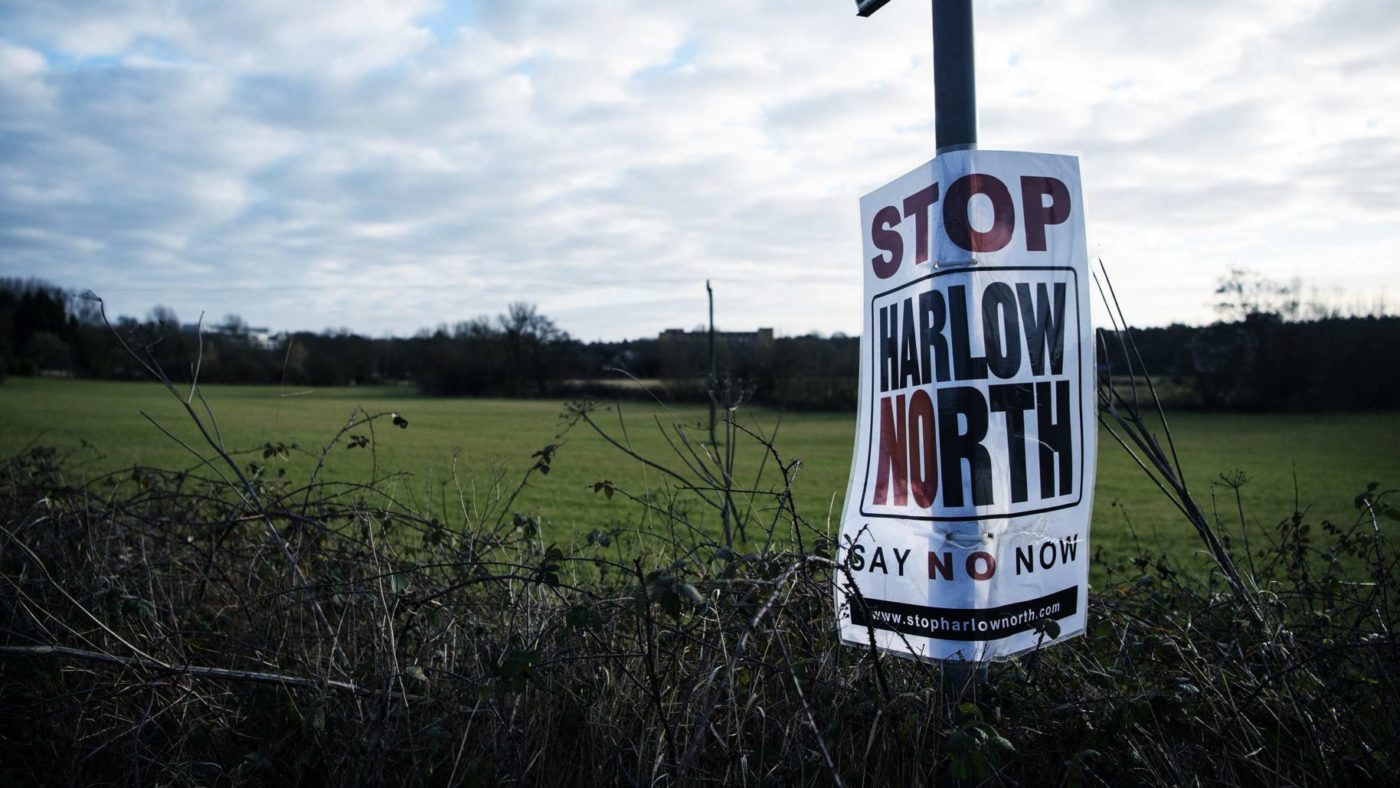The Government has announced today that it will move much of the proposed new housing targets from rural areas to existing cities, encouraging more use of brownfield land and heeding the complaints of the 80 Conservative MPs concerned about a wave of new houses in their constituencies. Cries of relief are echoing around the Tory shires – except from people who need a place to live there, or who were hoping to build more homes in them.
This is the first major adjustment to the package of measures announced in August. No reader of my previous CapX pieces will have been surprised by it.
There will be more adjustments. There are basically three ways to build plenty of homes. You can build them in the countryside; you can build skyscrapers in city centres; or you can replace 20th century semi detached houses with terraces or mansion blocks of six to eight storeys. The last two are using “brownfield”, by some definitions; like “greenbelt”, it is a much-misunderstood term.
Each of them, if you impose them through a target system, will be unpopular with the locals. You just have to decide whom to upset.
This is not the end of the debate on green belt. Some cities have little or no green belt. But others, including London, have large amounts within their boundaries. In London, the impact of these changes will depend on how the targets are imposed, and what powers the Mayor of London retains.
But, unless the Government exhibits a new enthusiasm for skyscrapers among or replacing historic Georgian and Victorian properties in Inner London, most of London’s new target will probably have to be met in Outer London.
Those boroughs – mainly Tory constituencies – will have the choice to release green belt for housing, approve high-rise in their town centres, or push to add more homes in the suburbs.
Under the current system, none of those will be popular. A government that forces them through must be prepared to lose a few MPs. That will work in the short term, but it is not a durable solution. It was a Conservative Secretary of State who last scaled back the target system, in 2010.
The frustrating thing about this process is that it has happened so many times before, like some re-run of Battlestar Galactica. To break out of that endless loop, we proposed the only politically feasible long-term solutions we found – letting small groups of residents decide for themselves what additional development to allow, so they can share the often enormous benefits.
We generally get two types of reactions to those ideas. Entrepreneurs, who are used to adapting to a changing world, immediately see the potential. Those who have spent their lives arbitraging the current system, or who have chosen professions with more intellectual than financial reward, find it less intuitive that some members of the great British public might have some interest in the prospect of an easy million pounds.
We cannot know for sure until we try it. But we do know that one third of the new homes in Tel Aviv last year came from a similar concept of owners deciding to re-develop their own apartment building. That is much more disruptive to them, because they all have to move out at once. Under our proposals, if your street decides to give permission for mansion blocks, pairs of homeowners can decide to move out of their semis when it suits them.
Mr Jenrick has proven himself more willing to listen than many of his predecessors. His White Paper showed an interest in our proposal of street- and block-led densification. Let’s hope that he is finally the one to break the decades-long cycle of planning and housing failures.
Click here to subscribe to our daily briefing – the best pieces from CapX and across the web.
CapX depends on the generosity of its readers. If you value what we do, please consider making a donation.
Click here to subscribe to our daily briefing – the best pieces from CapX and across the web.
CapX depends on the generosity of its readers. If you value what we do, please consider making a donation.


